In less than 50 years, nearly 25% of mangrove areas in Senegal have been destroyed
Originating from numerous ecosystem services, mangrove forests play a crucial role in addressing the challenges posed by climate change. They serve as significant carbon sinks and act as protective barriers against high tides, storms, and soil erosion. Additionally, the diverse array of species they harbor, both animal and plant, ensures the food security of local communities. However, many threats loom over these ecosystems: overexploitation of fishery resources, excessive cutting of mangroves, urbanization, severe droughts, low precipitation, and rising sea levels…
In Senegal, since the 1970s, approximately 45,000 hectares of mangroves have disappeared, with forecasts predicting a loss of around 70% of their total area if no action is taken. Protecting these ecosystems is a priority, especially in the northern part of the country where climatic and anthropogenic pressures on the Saint-Louis mangrove threaten the local economy and the food security of coastal rural communities.
Protecting the Saint-Louis mangrove, the northernmost in West Africa:
Since 2012, the organization Le Partenariat has been supporting stakeholders in the Senegal River delta with adaptation strategies (addressing rising sea levels and meteorological disruptions) and mitigation of climate change effects (reducing deforestation, promoting alternative to fossil fuels, and fostering sustainable economic activities).
Beyond preserving and restoring mangrove ecosystems, the goal is to offer sustainable income-generating activities to local populations and enhance territorial resilience. Long-term objectives include promoting community engagement in responsible natural resource management.
Results of the first partnership cycle from 2021 to 2023 :
The Maisons du Monde Foundation has supported Le Partenariat since 2021 in its efforts to preserve and sustainably manage mangrove forests. Funds from the first partnership cycle have enabled:
1.Preservation and enhancement of mangrove areas and biodiversity in the Senegal River Delta :
Establishment of a consultative body involving the 3 intervention communes. Restoration of mangroves and Casuarina trees within the Langue de Barbarie National Park and Protected Marine Area: planting 110,000 trees over 107.55 hectares; preservation of 550 hectares of natural forest. Support for 5 women’s community groups and establishment of activities for marketing energy solutions as alternatives to mangrove cutting.
2.Awareness-raising for the preservation of sensitive ecosystems:
In Saint-Louis, 19 classes educated, involving over 1,700 students. 200 local officials sensitized to the involvement of local authorities in financing the departmental action plan for mangrove preservation spaces.
3.Promoting replicable environmental best practices in other West African territories:
Funds allocated to 3 micro-projects selected with the Collective of the 5 Deltas.
Objectives of the second partnership phase from 2024 to 2026 :
The MDM Foundation supports the association for a second 3-year partnership cycle. In this second phase, the project aims to:
1.Strengthen territorial governance for the preservation of sensitive ecosystems, particularly mangroves:
Establishment of a Natural Sensitive Areas Observatory as a monitoring and planning tool. Advocacy actions with local stakeholders (workshops; forums…).
2.Support women’s empowerment through diversified income-generating activities :
Support and financing of 3 micro-projects (beekeeping; fish farming; mangrove nurseries) for 150 women in Economic Interest Groups. Training in entrepreneurship and project management with a regional incubator. Connecting with local and regional markets.
3.Preserve and enhance mangrove areas and biodiversity in the Senegal River Delta :
Preservation of 500 hectares of mangroves and restoration of 70 hectares by local communities. Awareness-raising of 300,000 people, including 3,000 schoolchildren through school-based actions and mobilization of youth in reforestation campaigns.
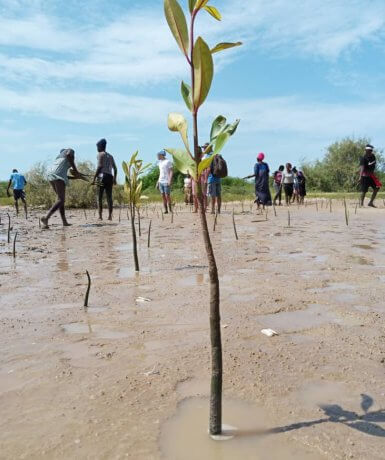
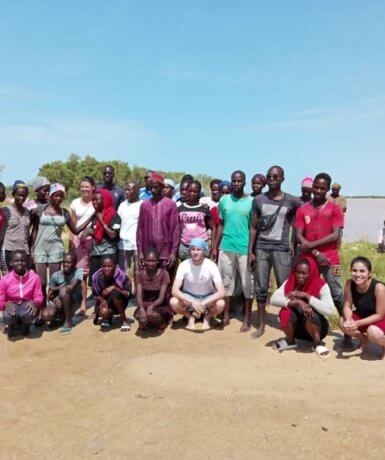
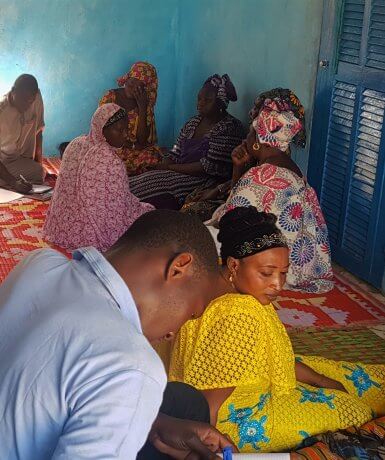


 Contact us
Contact us 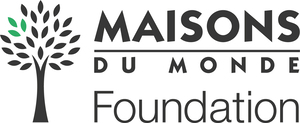

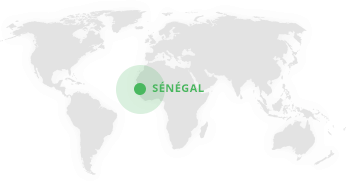


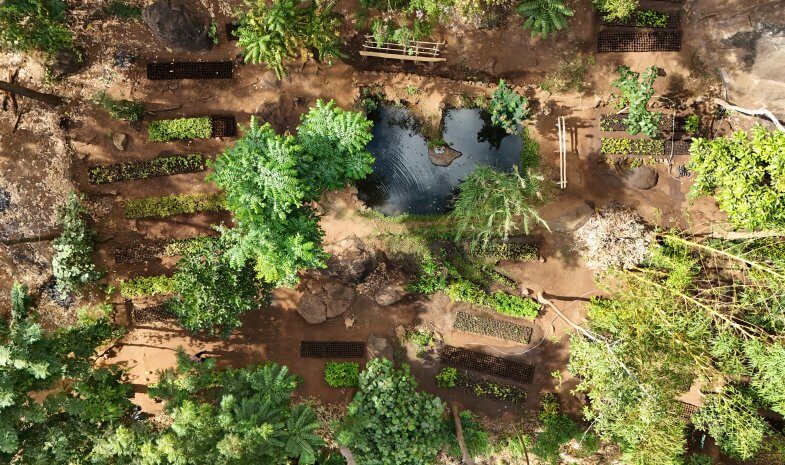
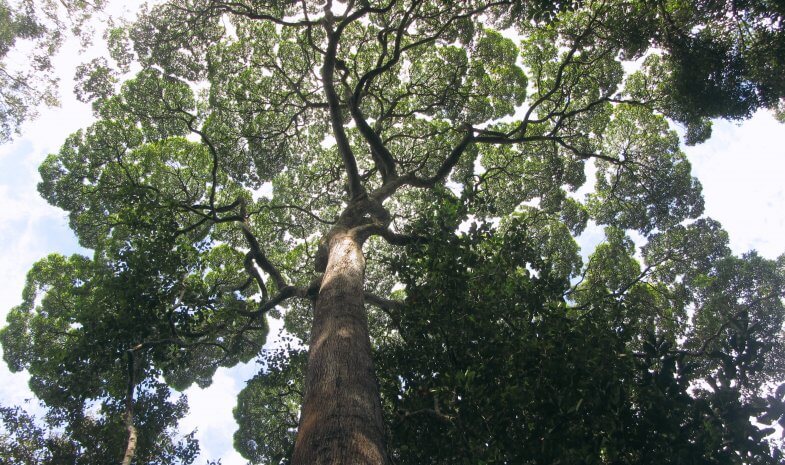
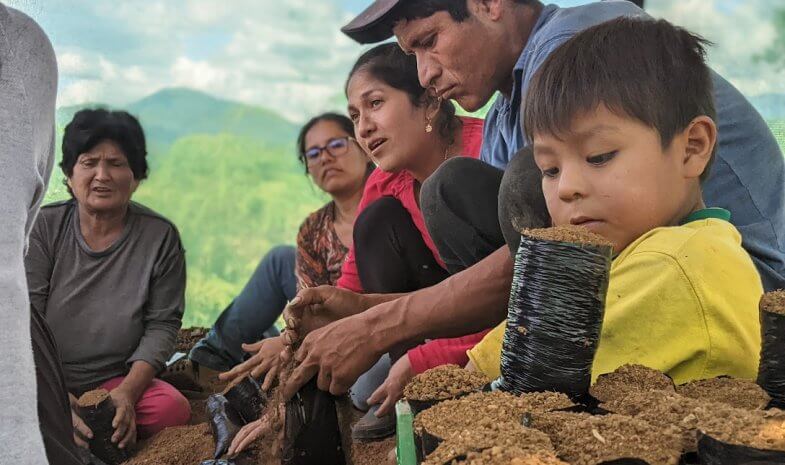
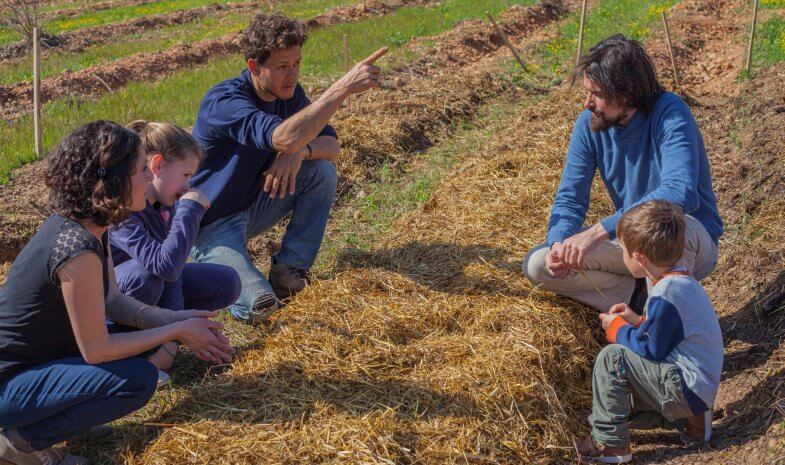

“The project aims to contribute to the sustainable and integrated management of West African mangrove forests and of their biodiversity by local populations. Join the communities and women’s groups of the Senegal River delta (Saint-Louis) in preserving mangrove forests and their remarkable yet fragile biodiversity”
M. Papa Mamadou Cisse Sustainable Development Manager, Senegal branch